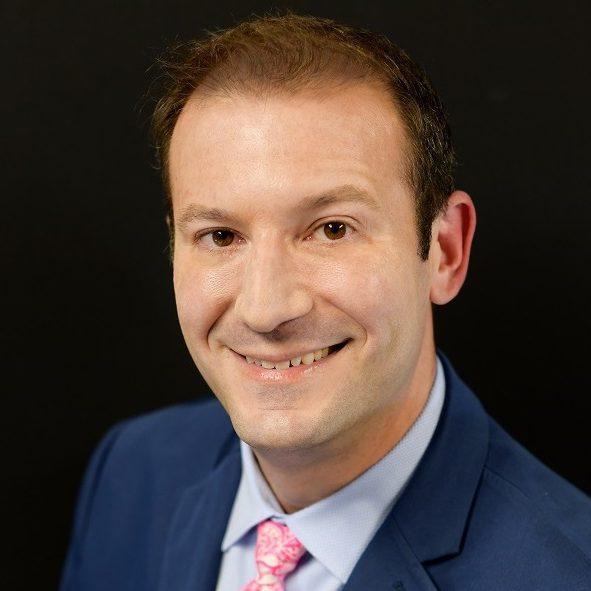FEATURED VIDEO: Cognition (6/6)
In the Cognition Series, part 6, Henry Nasrallah, MD, Professor of Psychiatry, Neurology and Neuroscience and Scientific Director of the CURESZ Foundation, discusses pharmacological and nonpharmacological treatments for cognitive impairment in schizophrenia with Philip Harvey, PhD, Professor of Psychiatry and Psychology, and a national expert on cognition. There are currently no FDA-approved drug treatments for cognition, however, pharmaceutical companies are trying hard to develop a medication to improve cognition, using various neurotransmitter pathways. Nonpharmacological interventions include cognitive remediation, side-by side with antipsychotic medications. Second generation antipsychotics do not impair cognition. Computerized cognitive remediation stimulate the executive functions, processing speed and working memory. In the face of COVID, there has been a need for remote cognitive assessments, which have increased in number and may even be conducted at a doctor’s office.
CURESZ Foundation Editorial Board:
Editor-In-Chief Bethany Yeiser, BS
Henry A. Nasrallah, MD
Karen S. Yeiser, RN
David E. Yeiser, M. Div
Louis B. Cady, MD, FAPA
Mary Beth De Bord, JD
Stephen Rush, MD
Erik Messamore, MD, PhD
Craig Chepke, MD, FAPA
Peirce Johnston, MD
James A. Hunt, JD
Jonathan M. Meyer, MD
Carol North, MD, MPE
Please consider making a donation to the CURESZ Foundation online at CURESZ.org Your contribution will help provide education and referrals to persons with schizophrenia, their families, and those who work with the seriously mentally ill. CURESZ informs the general public to better understand this serious brain disorder, and to provide scientific advances showing that there is hope for recovery, and a return to a fulfilling and normal life. The CURESZ Foundation is a 501(c)(3) nonprofit organization. All contributions are tax deductible.




